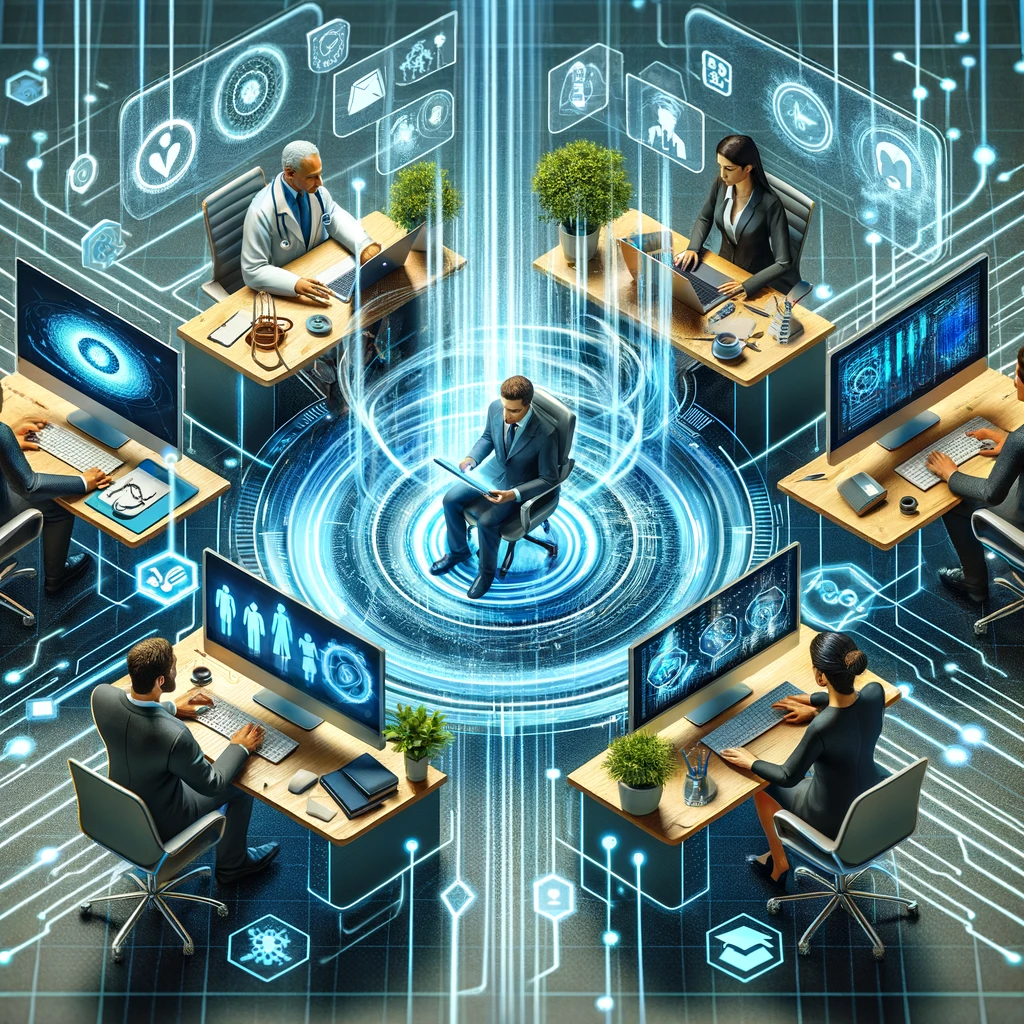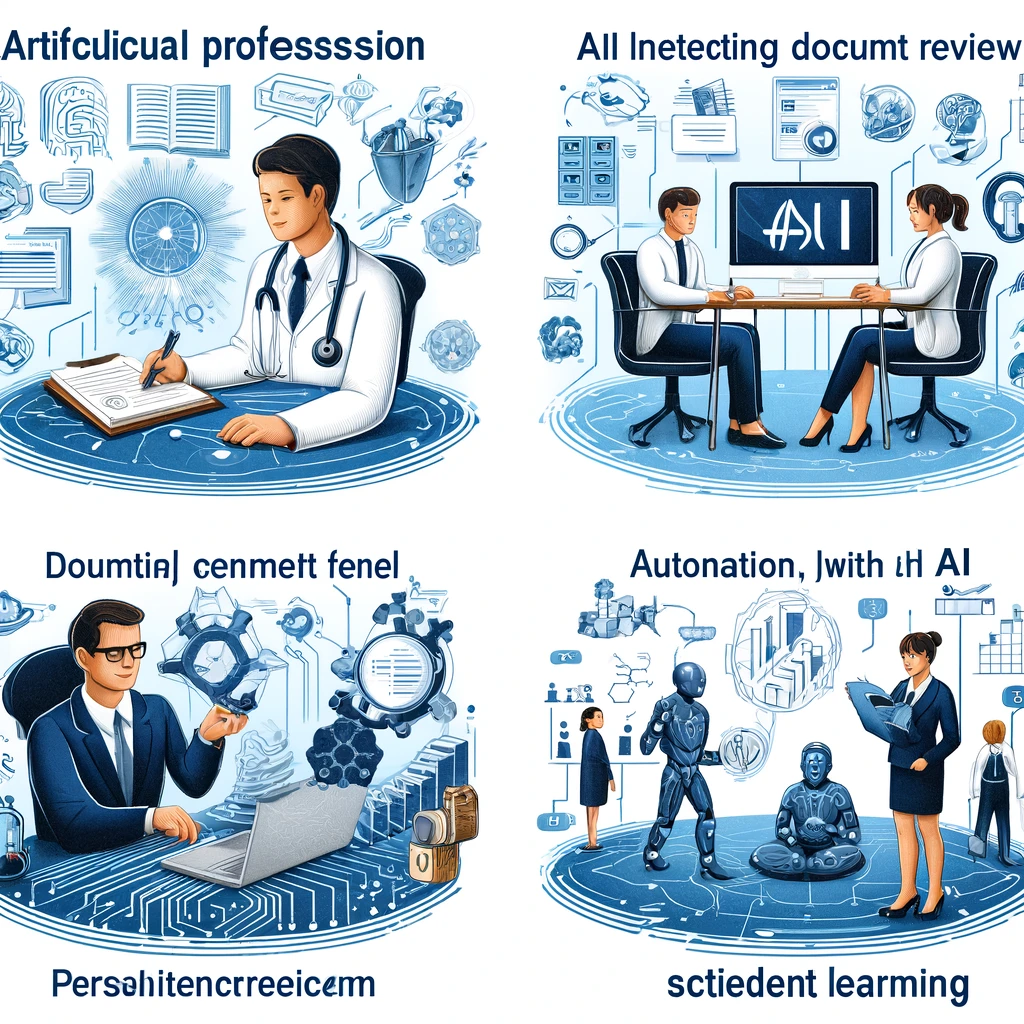
Startup economics, particularly within the realm of artificial intelligence (AI), presents a rapidly evolving landscape where the confluence of technology, investment, and innovation is reshaping traditional industries. AI is no longer a futuristic concept but a real and present force driving significant changes across various sectors. The implications of these advancements are profound, transforming traditional professions and creating new economic opportunities and challenges.

At the heart of startup economics in AI is the ability to leverage data to create efficiencies, enhance productivity, and open new markets. AI technologies such as machine learning, natural language processing, and robotics are being integrated into a wide range of applications, fundamentally altering the way businesses operate. These technologies are not only automating routine tasks but are also enhancing the capabilities of professionals, allowing them to tackle more complex problems with greater precision.
In the healthcare sector, AI is revolutionizing the roles of doctors and medical practitioners. AI-driven diagnostics tools can analyze medical imaging faster and with greater accuracy than human counterparts. This not only speeds up the diagnostic process but also reduces the likelihood of error, leading to better patient outcomes. Furthermore, AI is being used to personalize medicine, with algorithms that can predict a patient’s response to different treatments, thereby customizing therapies to individual needs.
The legal profession, known for its reliance on precedent and voluminous documentation, is also undergoing transformation due to AI. AI tools are automating tasks such as document review and case research, tasks that traditionally consume a significant amount of time. This allows legal professionals to focus more on formulating legal strategy and client interaction. Moreover, AI is helping uncover insights from past legal cases, thereby enriching the lawyers’ understanding and strategy planning.$In the financial sector, AI is reshaping roles in ways that range from fraud detection to customer service. Algorithms can monitor and analyze thousands of transactions per second to identify patterns indicative of fraudulent activity. This capability is much beyond the scale of human vigilance and offers a much-needed shield against financial crimes. AI chatbots and virtual assistants are also transforming customer service, providing 24/7 support and personalized advice to customers.
The impact of AI on traditional professions is also evident in the fields of education and journalism. Educators are using AI systems to provide personalized learning experiences to students, adapting educational content to match the learning pace and style of individual students. In journalism, AI is being used to automate routine news reporting and data analysis, freeing up journalists to engage in more investigative and analytical tasks.
However, the integration of AI into traditional professions is not without challenges. There are concerns about job displacement as tasks become automated, ethical considerations regarding decision-making by machines, and the need for new skills and training for the workforce. Startups at the forefront of AI technology are therefore not only focusing on technological innovation but are also considering these broader economic and social implications.
The economics of AI startups is a dynamic field marked by rapid technological advancements that are transforming traditional professions. As these technologies develop, they promise significant benefits in terms of efficiency and new capabilities but also pose challenges that need careful management. The future will likely see a continued blend of human expertise and artificial intelligence, reshaping economic landscapes and professional roles in ways we are only beginning to understand.